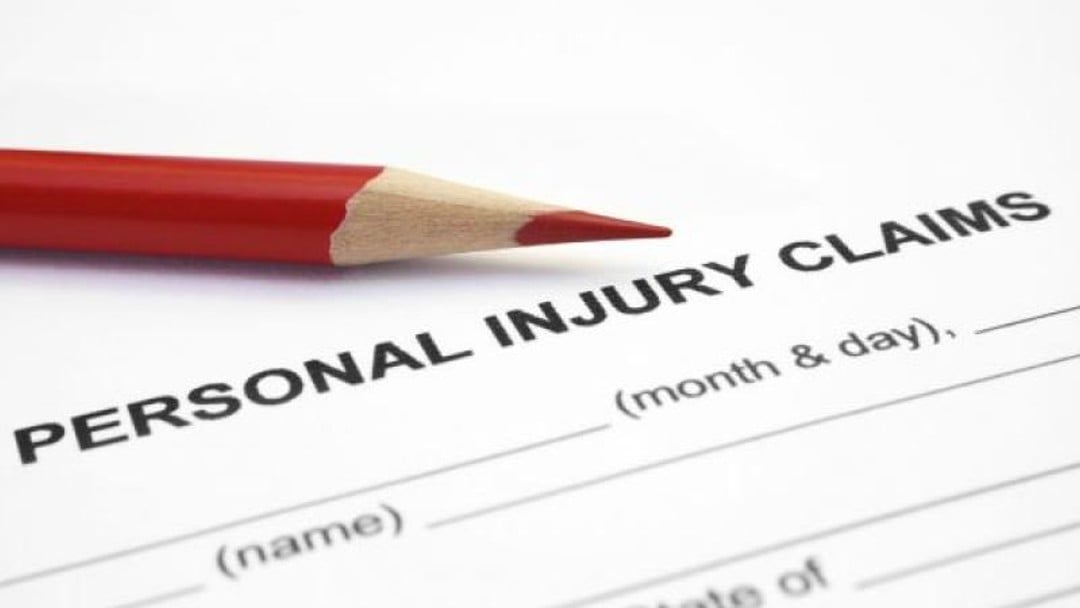A holiday from domestic costs issues?

Neil Ronan advises claimants injured abroad on bringing a successful claim
In the words of Lin Yutang: "No one realises how beautiful it is to travel until he comes home and rests his head on his old, familiar pillow."
Many practitioners in the UK may have sensed that as the litigation bubble is squeezed at home for personal injury claims, it is expanding abroad. As more practices feel the ‘Jackson effect’, they may wish to seize the opportunity presented by these claims.
The following is a non-exhaustive note on doing so.
Britons travelling abroad
While there was a drop in the number of Britons travelling abroad during the recession, data from the Office of National Statistics shows that since 2011 there has been a sizable increase in our desire to escape yet again to sun, sea and sand. Foreign Office research shows that, on average, ten British citizens are hospitalised while abroad every day.
In the year from 1 April 2011 to 31 March 2012, British consulates dealt with 19,874 separate injuries, including 70 hospital visits every week. Consular assistance was most frequently needed in Spain, where 1,105 hospitalisations of British nationals were recorded.
Available avenues
I recommend you do not bring the claim abroad, depending on the prospective damages. You may consider the following as reason enough:
- you cannot recover your costs (for example, in Spain);
- you are limited under the Damages-Based Agreements Regulations 2013 (DBA) to a maximum success fee of 25 per cent, which must include VAT (regulation 4); and,
- time of actual service is subject to the vagaries of both the domestic and foreign courts (under CPR practice direction 6B).
So, while it is possible to bring a claim successfully, you will pay for the privilege, depending on the medical evidence and likely special damages.
‘Access to justice’ is the clarion call; ‘what is that?’ the reply.
Domestic remedy
The claimant may avail him or herself of a domestic remedy under the Package Tour Regulations 1992 (PTR), which apply to ‘packages sold or offered for sale in the territory of the UK’ (regulation 3), with a package defined as a pre-arranged combination of at least two components (regulation 2), usually, if not always, the flight and lodgings.
This liability falls on the retailer or organiser, and it does not matter if the injured person is not party to the contract (regulation 4).
It is not a strict obligation: there are common law issues on breach and statutory defences. Regulations 15(2)(a) to (c) of the PTR enshrine the latter, and are self-explanatory. I will not amplify on them, but be alive to them in your early assessment of disclosure.
Local standard
The common law obligation on the defendant is that the company undertaking the transport or lodgings must do so with reasonable care and skill (Hone v Going Places Travel [2001]). This is a complex issue, and as all roads lead to Damascus, all PTR claims lead to this point (Wilson v Best Travel [1993], Gallagher v Air Tours Holidays [2000], Singh v Libra Holidays [2003]). The standard to apply is the local one, not the UK standard. Your difficulty will therefore be in obtaining evidence on liability and the local standards and breach.
In practical terms, though, it is wise to request this information from the defendant by asking what checks were made by them to show compliance. If this is not disclosed, then a PAD may be made in the above terms.
You may also source the opinion of a local lawyer, but how? You can join the Pan European Organisation of Personal Injury Lawyers (PEOPIL) and communicate with lawyers pursuing similar claims throughout Europe, or hunt on a case-by-case basis. My experience has been that the latter is less than satisfactory.
If you can show the UK defendant is an organiser of a regulated package holiday, and can show breach and the usual causation, you will be able to settle or win while recovering standard costs.
A quinine tonic against the malaria of domestic costs issues? Time will tell.
But it seems the opening quotation applies equally to law, doesn’t it? SJ
 Neil Ronan is a litigation executive at Bott and Co
Neil Ronan is a litigation executive at Bott and Co

